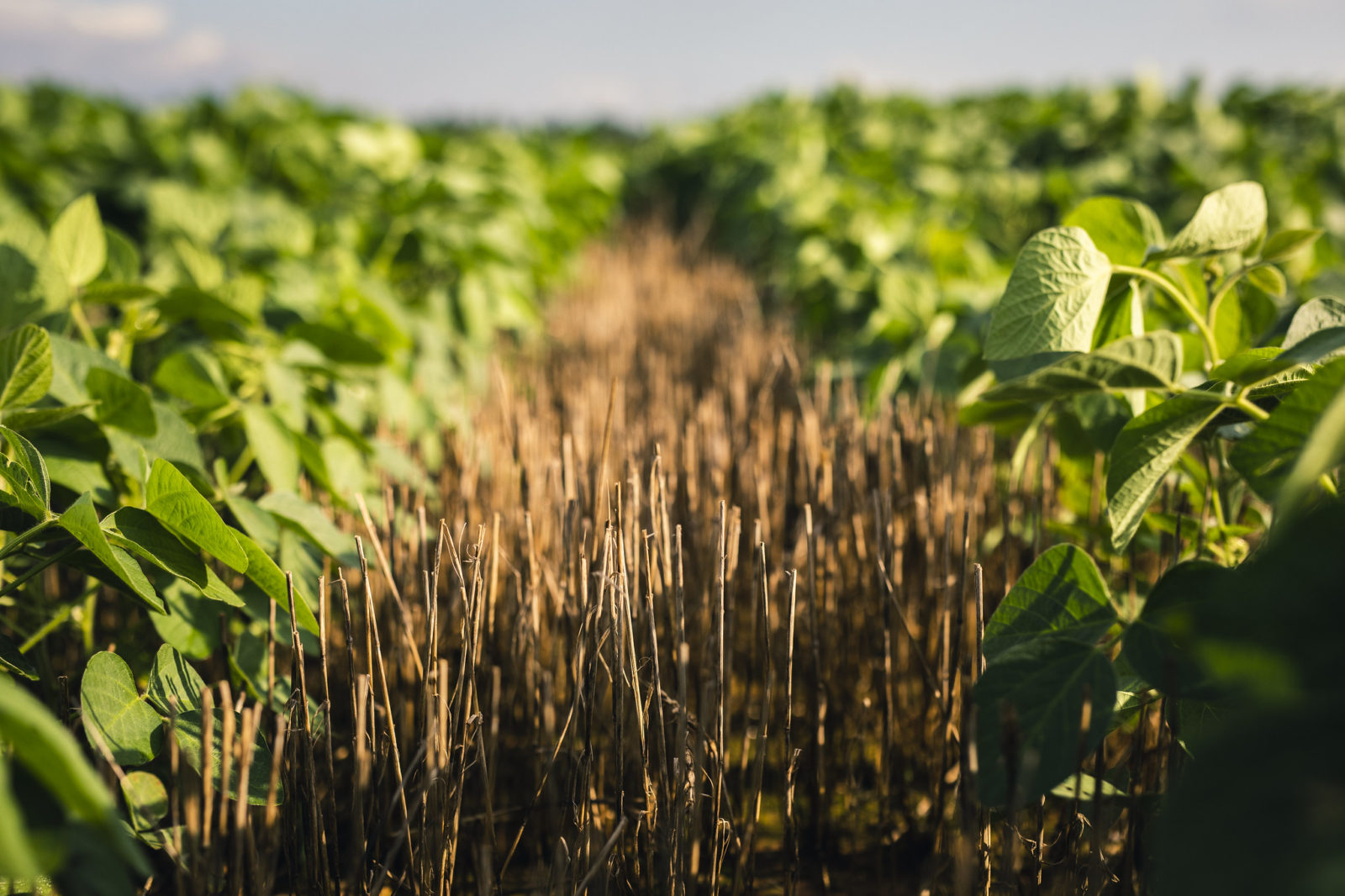In honor of World Health Day and the important message it highlights, this piece was authored in partnership by Polly Ruhland, CEO, United Soybean Board; Jim Sutter, CEO, U.S. Soybean Export Council; and Steve Censky, CEO, American Soybean Association.
Everyone deserves the opportunity to enjoy good health.
Access to nutritious food is foundational for people to realize that opportunity.
These are simple universal truths. They are also urgent calls to action.
The 2020 Global Nutrition Report shows one in nine people across the globe is undernourished. One in three is overweight or obese. Almost one in four children under the age of 5 faces stunted growth from malnutrition. In short, too many people lack access to nutritious food, and health is suffering as a result.
As we mark World Health Day 2021, we should all take the opportunity to assess our progress and renew our determination to do all we can to alleviate these nutrition and health gaps. Soy offers solutions.
The Role of U.S. Soy in Good Nutrition
Access to high-quality protein is essential for good nutrition and health. Soy is a complete and highly nutritious protein, which has all three macronutrients required for good nutrition, as well as fiber, vitamins and minerals with lower amounts of saturated fat. Hundreds of peer-reviewed studies coordinated by the Soy Nutrition Institute prove the safety and health benefits of soy.
Soy as a solution starts with U.S. farmers, who embrace their roles of growing soy and being contributors of nutritious, safe and affordable protein – both as food for people and feed for animals. That enables healthy and delicious diets, and better livelihoods for families across our planet. Further, soy farmers provide this essential staple with world-leading quality, reliability and sustainability at the forefront.
We also know food preferences are vital, and to meet global consumer needs for nutritious protein, U.S. Soy celebrates each culture’s culinary choices in all forms – whether you prefer chicken, fish, pork, beef, dairy or plant-based options.
For people, soy provides a complete protein option that can serve as a foundation for healthy vegetarian or vegan diets, as well as a core ingredient for traditional, healthy cuisines in many areas of the world. Beyond providing high-quality protein, research by SNI and others has shown that soy can deliver a range of other health benefits, from improved heart health to reduced risks for some forms of cancer.
Beyond the Bean: Advancing Nutrition Around the Globe
There is much runway on multiple fronts if we are to achieve the World Health Day goal of building a nutritionally healthier and fairer world. We, the U.S. Soy industry, wholeheartedly support this goal and are committed to doing our part by maximizing access to nutritious food produced in a nature-positive way. We are committed to putting people first and pursuing partnerships that drive progress.
Greater access to soy is a key element of our farmers’ commitment to decreasing world hunger as we increase nutrition. We partner with the World Initiative for Soy in Human Health, an organization supported by the American Soybean Association and in part by the soy checkoff. WISHH provides targeted programs in developing nations – 23 to date – that connect local leaders with soy supply chain partners, not only to advocate for soy protein as a way to improve food security for at-risk populations, but also to develop among those societies a sustainable level of market systems support.
By harnessing the power of U.S. Soy as a humanitarian food, the goal is to help transform recipient client nations from a profile of vulnerability to one that ultimately becomes a purchasing client. In the process, hungry people are fed, agricultural systems are developed, the U.S. Soybean Export Council gains new customers and the reach of U.S. Soy as a solution grows.
USSEC engages locally in 82 countries around the globe to provide valuable training and demonstrations of U.S. Soy’s advantages. We support efficiency by working with livestock feed experts to optimize the amount of feed based on nutritional value, which reduces costs and waste. In countries in Asia and Africa, we have helped aquaculture producers to adopt more efficient methods to produce more fish with less environmental impact. Additionally, over the past two years we have opened Soy Excellence Centers in Southeast Asia, Middle East/North Africa, Sub-Saharan Africa, and the Americas, providing hubs for industry training, resources and education to all members of the soy value chain in these rapidly emerging markets.
These efforts focus directly on addressing access to protein in emerging markets, where nutrition challenges are often most prevalent.
U.S. Soy is just one part of a global effort to enable better health and nutrition for all, and we are committed to be a responsible part of the sustainable solution. We will continue to advance efforts to increase access to protein around the world, and we will continually seek out the right partnerships and initiatives that help advance the noble goals of U.S. Soy. World Health Day is a key alignment opportunity.
